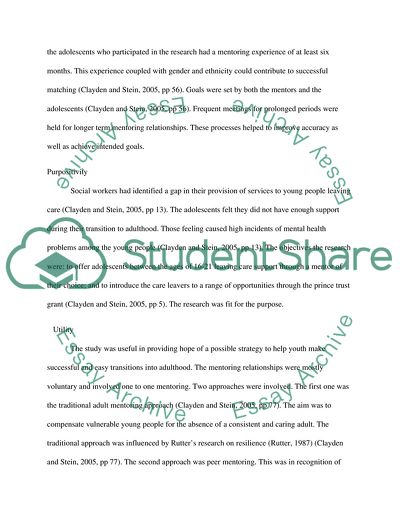Cite this document
(TAPUPA Critique (Social Work UK) Literature review, n.d.)
TAPUPA Critique (Social Work UK) Literature review. https://studentshare.org/sociology/1789452-tapupa-critique-social-work-uk
TAPUPA Critique (Social Work UK) Literature review. https://studentshare.org/sociology/1789452-tapupa-critique-social-work-uk
(TAPUPA Critique (Social Work UK) Literature Review)
TAPUPA Critique (Social Work UK) Literature Review. https://studentshare.org/sociology/1789452-tapupa-critique-social-work-uk.
TAPUPA Critique (Social Work UK) Literature Review. https://studentshare.org/sociology/1789452-tapupa-critique-social-work-uk.
“TAPUPA Critique (Social Work UK) Literature Review”. https://studentshare.org/sociology/1789452-tapupa-critique-social-work-uk.


